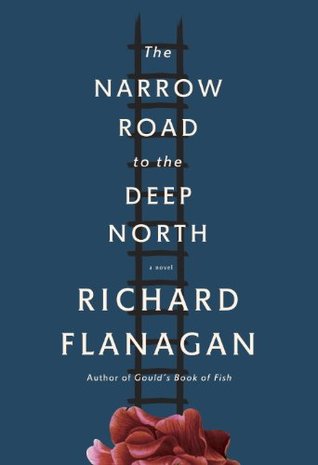More on this book
Community
Kindle Notes & Highlights
the sense of standing on a threshold, of joyfully entering a new universe while your old still remained knowable and holdable and not yet lost—all these things he was aware of,
Horror can be contained within a book, given form and meaning. But in life horror has no more form than it does meaning. Horror just is. And while it reigns, it is as if there is nothing in the universe that it is not.
A good book, he had concluded, leaves you wanting to reread the book. A great book compels you to reread your own soul.
Dorrigo Evans hated virtue, hated virtue being admired, hated people who pretended he had virtue or pretended to virtue themselves. And the more he was accused of virtue as he grew older, the more he hated it. He did not believe in virtue. Virtue was vanity dressed up and waiting for applause.
With his fixed face and ascetic’s ragged tunic, in his thrashing of the Goanna, in the bark of orders he had just given, Nakamura no longer seemed to Dorrigo Evans the strange but human officer he had played cards with the night before, not the harsh but pragmatic commander he had bartered lives with that morning, but the terrifying force that takes hold of individuals, groups, nations, and bends and warps them against their natures, against their judgements,
and destroys all before it with a careless fatalism.
For an instant he thought he grasped the truth of a terrifying world in which one could not escape horror, in which violence was eternal, the great and only verity, greater than the civilisations it created, greater than any god man worshipped, for it was the only true god. It was as if man existed only to transmit violence to ensure its domain is eternal. For the world did not change, this violence had always existed and would never be eradicated, men would die under the boot and fists and horror of other men until the end
of time, and all human history was a history of violence.


